Soft Science Fiction Dictionary – eBook
1st Edition
For All, Writers, Science Fiction Fans
Available on App, eBook
Dictionary words 0
- E-Book Reader: Our books can be accessed on our Apps
- Special Deal: Buy 2, Get 1 Free. T&C Apply.
This dictionary provides an in-depth look at the more speculative and human-centered aspects of science fiction. Unlike hard science fiction, which focuses on technological and scientific accuracy, soft science fiction is concerned with the exploration of social, ethical, and philosophical questions. It often delves into the complexities of human nature, society, and culture, offering imaginative reflections on how these elements evolve in future or alternate worlds. Each entry in this dictionary clarifies the key concepts and themes that shape soft science fiction, from anthropological studies to psychological explorations, and how these ideas challenge our understanding of the present and future.
This Science Fiction Soft Science Fiction Dictionary offers a comprehensive look at the various ways science fiction engages with human culture, psychology, society, and ethics. From the exploration of gender and identity to the investigation of political systems and philosophical ideas, it provides an in-depth understanding of how soft science fiction uses speculative settings to challenge and examine the complexities of the human condition.
Anthropological Science Fiction – A subgenre of science fiction that examines the human condition through the lens of anthropology. It explores the cultural, social, and evolutionary aspects of human societies, often focusing on how humans adapt to new environments or encounter alien cultures. This type of science fiction frequently delves into the study of human behaviors, rituals, and structures, asking questions about what it means to be human in a diverse and ever-changing universe.
Cultural Science Fiction – Science fiction that explores the development, transformation, and impact of culture in future or alternate worlds. Cultural science fiction examines how society’s norms, values, art, religion, and traditions evolve in response to new technologies, extraterrestrial encounters, or societal shifts. This subgenre often imagines diverse cultural systems and provides a space to critique or reimagine contemporary cultural practices.
Ethical Science Fiction – A branch of science fiction that grapples with moral and ethical dilemmas arising from technological advancements, societal changes, or extraterrestrial encounters. Ethical science fiction often explores questions of right and wrong, justice, and responsibility, highlighting the complexities of making ethical decisions in scenarios where conventional norms may no longer apply, such as in post-human or interplanetary contexts.
Gender and Identity – A subgenre of science fiction that focuses on the fluidity and complexity of gender and identity in speculative settings. This includes exploring the impact of technological, social, and biological changes on concepts of gender, sexuality, and selfhood. Works in this area might examine gender fluidity, identity transformation through cybernetic enhancement, or the role of cultural norms in shaping individual and collective identities in futuristic societies.
Historical Speculation – Science fiction that speculates on alternate historical events or explores “what if” scenarios in history. It imagines how different outcomes or key moments in the past could have altered the course of human development. Historical speculation provides a way to engage with alternate timelines, considering the effects of small changes in history on social, political, and cultural structures.
Humanistic Science Fiction – A subgenre that emphasizes the human experience, focusing on individuals’ emotions, struggles, and relationships in futuristic or speculative settings. Humanistic science fiction often addresses issues such as personal growth, empathy, and the search for meaning in a world shaped by advanced technology or societal upheaval. It highlights human resilience and creativity, exploring how people retain their humanity in extreme circumstances.
Philosophical Science Fiction – Science fiction that explores philosophical questions about existence, reality, knowledge, and consciousness. These works delve into abstract concepts, such as the nature of free will, the mind-body problem, and the ethics of artificial intelligence, using speculative settings and scenarios to provoke thought and challenge conventional philosophical perspectives. It often blurs the lines between science fiction and existential philosophy.
Political Science Fiction – A genre that examines political structures, ideologies, and conflicts in speculative futures or alternate worlds. Political science fiction may address the rise and fall of empires, the effects of new governance models, or the consequences of political movements on society. Themes such as authoritarianism, revolution, and democracy are often explored, with an emphasis on how political dynamics shape both individuals and civilizations.
Psychological Science Fiction – A subgenre that focuses on the psychological experiences of individuals, often exploring mental states, cognitive enhancements, or the impact of technology on the human mind. Psychological science fiction delves into themes of identity, perception, and consciousness, often questioning the reliability of memory or the nature of reality, and highlighting the fragility of the human psyche in a rapidly changing world.
Psychosocial Science Fiction – Science fiction that examines the relationship between individual psychology and broader social structures. It looks at how societal pressures, collective behavior, and group dynamics influence personal identity and mental well-being. This subgenre explores the intersections of mental health, social interaction, and societal norms, often focusing on how future societies could shape human behavior, for better or worse.
Social Science Fiction – A genre that uses speculative settings to explore the social structures and issues of human societies. Social science fiction looks at themes such as class, power dynamics, race, and social justice, imagining how these factors might evolve in the future or in alternative worlds. It often critiques contemporary society, offering commentary on how societal forces shape individual lives and collective futures.
Speculative Sociology – The exploration of sociological concepts and questions within speculative contexts. Speculative sociology investigates how social systems, institutions, and behaviors might change or manifest in futuristic or alternate realities, drawing on sociological theory to analyze issues such as social control, class inequality, and collective behavior. This subgenre uses speculative worlds to reflect on contemporary societal trends and the potential outcomes of current social issues.
Utopian/Dystopian Exploration – A broad category in soft science fiction that explores both idealized (utopian) and nightmarish (dystopian) visions of the future. Utopian science fiction imagines perfect or ideal societies where humanity lives in peace, equality, and prosperity. Dystopian science fiction, in contrast, depicts oppressive, corrupted, or fragmented societies where freedoms are lost, and survival is a daily struggle. These works often explore the tension between hope and despair, examining the forces that shape society for better or worse.
Only logged in customers who have purchased this product may write a review.


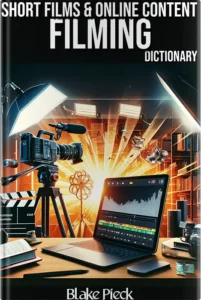
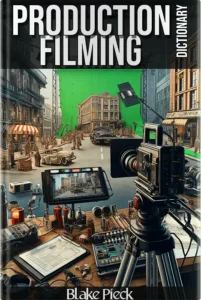
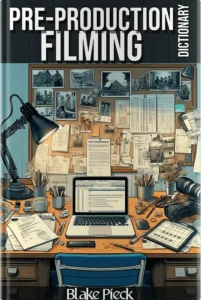







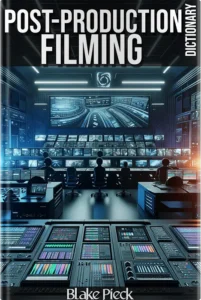

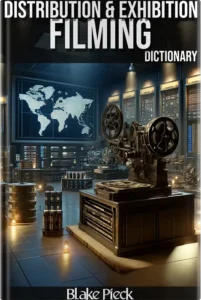








Reviews
There are no reviews yet.